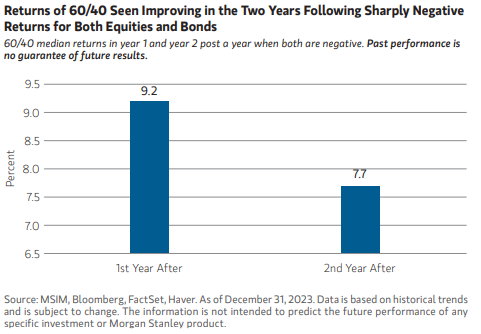We apologize for the inconvenience but we are experiencing a technical issue.
We are working on a solution. Please try again later.
If you require further assistance, please call:
+44 (0)20 3207 1900.
You have already upgraded your account.
Please login using the link at the top of the page.
You have successfully un-subscribed from .
Congratulations! You are registered.
We have sent a verification email to . Please check your e-mail and click on the secured link to verify your account and complete the registration process.
Trouble receiving the verification email? Call +44 (0)20 3207 1900.
Congratulations!
We are pleased to grant you access to this Eaton Vance website.
Please click here to be logged in with your username .
A verification email has been sent.
You have requested a change to your password. In order to process this request, a verification email has been sent to . When you receive this email, please click the link contained within the email to start the password reset process.
Trouble signing in? Call +44 (0)20 3207 1900.
This account is restricted.
Your account has limited access.
If you need further assistance, please call +44 (0)20 3207 1900.
This account has been updated.
Your account has been updated to use your new email address .
We have sent a verification email to with a verification link to confirm the change.
Trouble receiving the verification email? Call +44 (0)20 3207 1900.
This email account has not been verified.
Your account has not yet been activated. We have sent a verification email to . If you'd like us to resend this, please click the Resend Email button below.
Trouble receiving the verification email? Call +44 (0)20 3207 1900.
Thank you.
An e-mail verification has been re-sent to . Please check your e-mail and follow the instructions to complete the registration process.
Trouble receiving the verification email? Call +44 (0)20 3207 1900.
An email has been sent to the email address containing a link to verify your credentials. Please check your e-mail and click on the secured link to complete your request.
Trouble receiving the verification email? Call +44 (0)20 3207 1900.
Re-verification Required
For security purposes we could not complete your request. Please click here to receive a new link to access the requested content.
A new email has been sent to the email address containing a link to re-verify your credentials. Please check your e-mail and click on the secured link to complete your request.
Trouble receiving the verification email? Call +44 (0)20 3207 1900.
Re-verification Required
For security purposes we could not complete your request. Please click here to receive a new link to access the requested content.
A new email has been sent to the email address containing a link to re-verify your credentials. Please check your e-mail and click on the secured link to complete your request.
Trouble receiving the verification email? Call +44 (0)20 3207 1900.
Verification Accepted
You have been granted access to the requested content.
Remember Me
Click here to remain recognized on this device for future visits to eatonvance.no
Do Not Remember Me
Click here if you are using a Public Computer or Shared Device.
Trouble receiving the verification email? Call +44 (0)20 3207 1900.
Please check the Fund Literature that you would like to subscribe to. Your subscriptions can be managed on your profile page.
Subscribe All
Thank you for downloading
If your download did not start automatically, please click here.
Want real-time updates?
Sign up now for EV alerts for
Want real-time updates?
Sign up now for EV alerts for
Thank you for subscribing
We have sent a verification email to . Please check your e-mail and click on the secured link to verify your subscription.
Thank you for subscribing
You have successfully subscribed to .
Un-subscription request
We have sent a verification email to . Please check your e-mail and click on the secured link to verify your request.
Opt-In Request
We have sent a verification email to . Please check your e-mail and click on the secured link to verify your request.
Opt-Out Request
We have sent a verification email to . Please check your e-mail and click on the secured link to verify your request.
Want real-time updates?
You have selected to receive email notifications for:
Want real-time updates?
You are currently "Opted Out" of all Eaton Vance email communications. If you would like to be alerted of updates to your new subscription, please Opt In:
Enter your e-mail address to reset your password.
Please wait while the data is being prepared for download.
This message will automatically close when your file is ready.
Please enter a new email.









